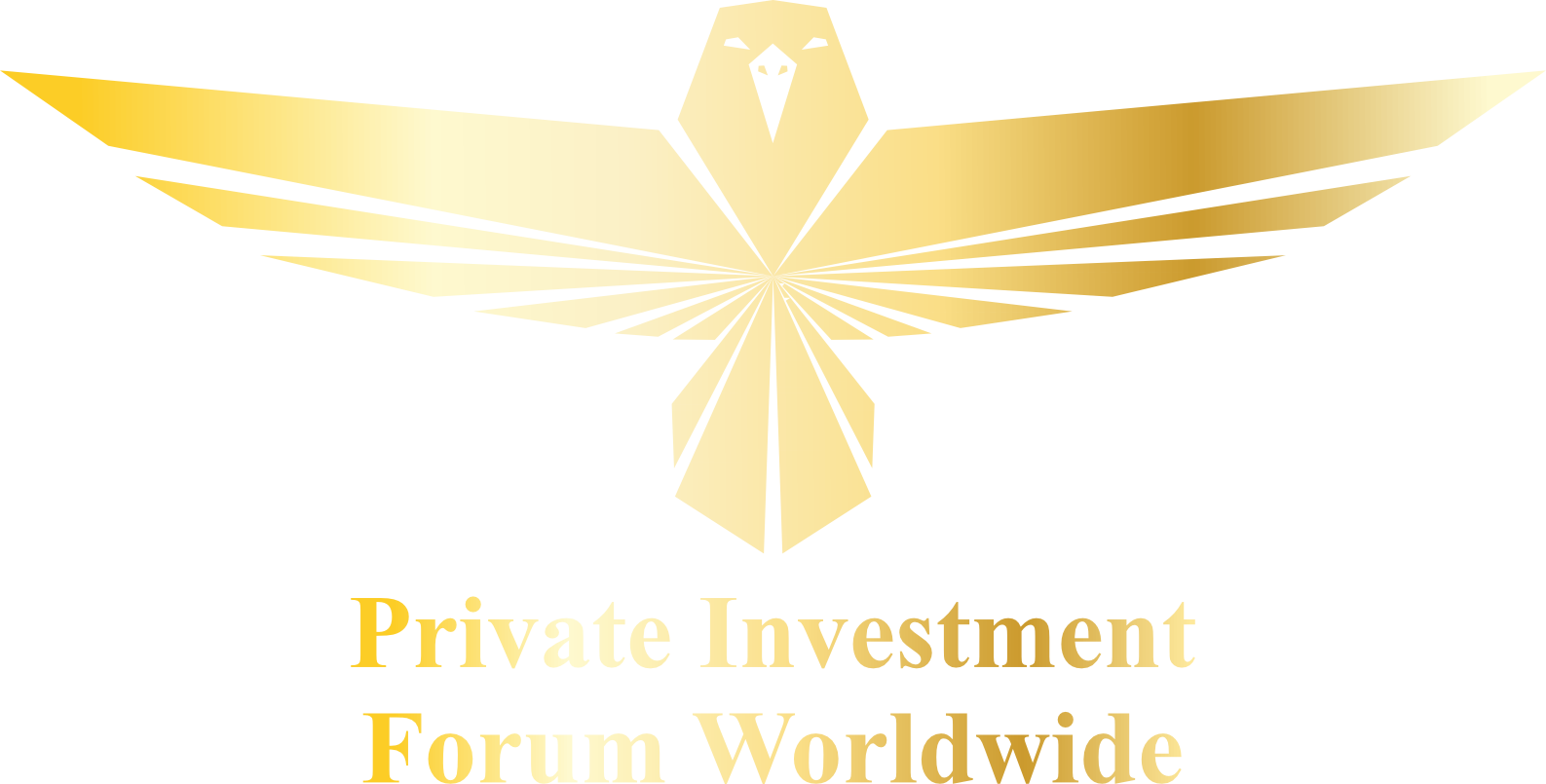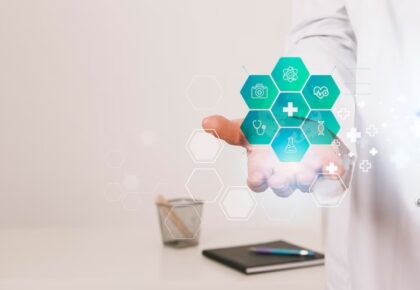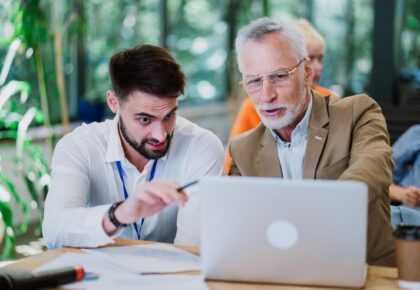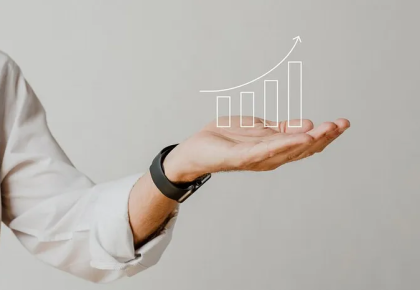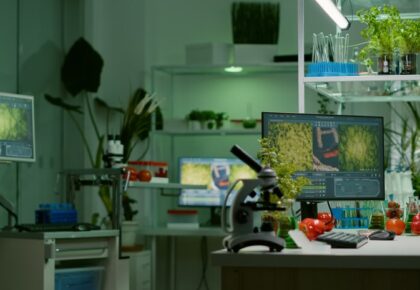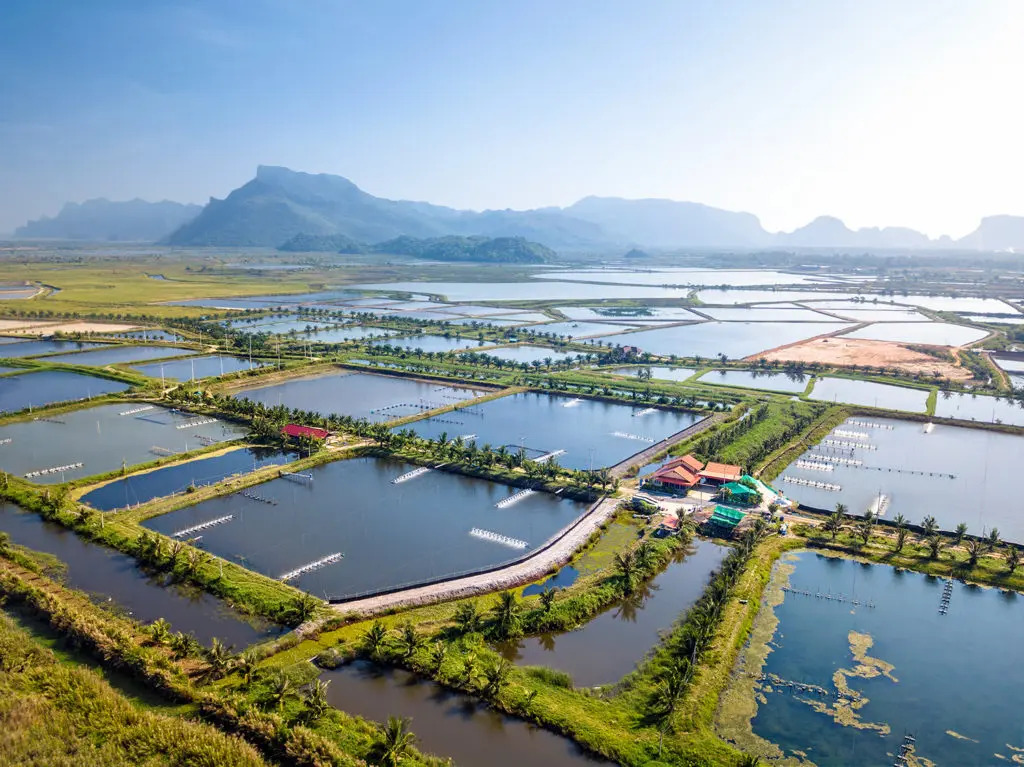
Seafood consumption has experienced a remarkable upward trajectory in recent years, becoming an increasingly popular choice for many investors around the globe. In fact, according to the World Bank, this trend is projected to persistently surge, with an estimated 20% increase in seafood consumption in the next 5 years. The factors driving this heightened demand are multifaceted, stemming from a combination of factors such as population growth, upward trends in global incomes, and evolving dietary preferences influenced by cultural shifts and lifestyle changes. With our expanding appetites for seafood, it becomes imperative for us to delve into innovative and sustainable solutions to effectively meet this escalating demand while safeguarding the health and longevity of our oceans. In light of this pressing need, aquaculture, the practice of cultivating aquatic organisms, has emerged as a promising and viable answer to this multifaceted challenge. The Food and Agriculture Organization (FAO) has reported that aquaculture currently accounts for more than 50% of the world’s seafood production, solidifying its pivotal role in meeting the growing demand for seafood and ensuring a sustainable future for the industry.
Advantages of Aquaculture
Aquaculture presents numerous advantages over traditional fishing methods. By cultivating fish, shellfish and other marine organisms in controlled environments, it ensures a more reliable and consistent supply of seafood while minimizing dependence on wild fish stocks which are facing immense pressure from overfishing and habitat destruction. A study published in Nature Communications highlighted that sustainable aquaculture practices have the potential to meet global seafood demand while alleviating the strain on wild fish populations. This practice offers a steady supply of seafood by allowing controlled breeding and growth, reducing the volatility associated with fluctuating wild catches. Furthermore, it helps lower pressure on dwindling fish populations by reducing the need to harvest from fragile marine ecosystems, thus promoting their conservation and recovery. Implementing responsible farming practices, such as proper feed management, disease control, and waste management, can significantly reduce the environmental impact of aquaculture. Sustainable aquaculture practices, including integrated multi-trophic aquaculture (IMTA) systems, can minimize the ecological footprint of fish farming, allowing wild fish stocks to recover and thrive alongside meeting the growing global demand for seafood.
Recirculating aquaculture systems
One of the key advancements in sustainable aquaculture is the development of recirculating systems. These systems are gaining popularity due to their efficient use of resources and ability to mitigate environmental impacts. RAS operate by continuously filtering and recycling water within closed systems, significantly reducing water usage compared to traditional open-net pens. Additionally, RAS allow for precise control over water quality, minimizing the risk of pollution and disease outbreaks. By utilizing these advanced technologies, aquaculture can become more environmentally friendly and sustainable. As mentioned by Andrew Hoffmann, Founder at Rock Island LLC, US, during a recent agriculture forum: “This industry is a prominently growing sector in which technology can make a significant difference in terms of sustainability and environmental impact“.
Aquaculture and environmental impact
The adoption of sustainable aquaculture practices not only benefits the environment but also contributes to economic development, food security, poverty alleviation, and trade expansion. Studies conducted by the World Bank have highlighted the significant role of aquaculture growth in these areas, particularly in developing countries. Aquaculture operations create employment opportunities, stimulate local economies, and enhance trade. This industry generates a diverse range of jobs, from fish farmers and technicians to feed manufacturers and processing plant workers, reducing unemployment rates and driving economic development. Furthermore, this sector plays a crucial role in ensuring food security by providing a consistent and accessible source of protein-rich seafood. By reducing reliance on imported seafood, countries can strengthen their food systems and mitigate the risks of food shortages. In regions with limited economic opportunities, the establishment of aquaculture operations has been instrumental in poverty alleviation, empowering local communities and improving their livelihoods. Additionally, the growth of aquaculture contributes to trade expansion, enabling countries to tap into international markets, establish trade partnerships, and boost their economies.
Aquaculture enhancing food systems
Moreover, aquaculture provides a reliable and accessible source of protein, addressing food security concerns. As global populations continue to increase, ensuring a sustainable and diverse food supply is crucial. Aquaculture offers a solution by providing a nutritious source of seafood that can be produced in various regions, including landlocked areas. By reducing the reliance on imported seafood, countries can enhance their food self-sufficiency and strengthen their food systems.
Sustainability in Aquaculture
To ensure the enduring viability of aquaculture, it becomes imperative to place utmost importance on the promotion and implementation of responsible and ethical practices throughout the industry. Central to this endeavor is the establishment of stringent regulations that effectively mitigate the adverse consequences often associated with intensive farming techniques, including but not limited to detrimental water pollution and the heightened risk of disease outbreaks. By adopting a holistic approach that incorporates sustainable certifications and robust traceability systems, consumers are empowered to exercise their informed judgment and make conscientious choices that actively endorse and uphold environmentally friendly aquaculture operations committed to the preservation and restoration of aquatic ecosystems. This multifaceted framework not only bolsters the long-term sustainability of the industry but also contributes to the broader efforts aimed at the conservation of marine biodiversity, ensuring the harmonious coexistence of aquaculture and the natural environment for generations to come.
Government support for sustainable aquaculture
Collaboration between governments, international organizations, and the private sector is crucial in promoting sustainable aquaculture. Investments in research and development can drive innovation, further improving the efficiency and environmental performance of aquaculture systems. Governments can play a significant role by providing incentives and support for sustainable aquaculture initiatives and encouraging the adoption of best practices.
Conclusion
The rising global demand for seafood presents both challenges and opportunities. Aquaculture, already responsible for more than 50% of the world’s seafood production, offers a sustainable solution to meet this demand. With advancements in technology, such as recirculating aquaculture systems, the environmental impact of aquaculture can be minimized while ensuring a reliable supply of seafood. Additionally, sustainable aquaculture practices contribute to economic development, food security, and poverty alleviation. By promoting responsible and ethical practices, investing in research and development, and fostering collaboration, we can create a future where aquaculture plays a vital role in meeting global seafood demand while preserving our oceans and supporting sustainable development.
This topic will be one of the many prominently discussed by investment experts and agriculture industry leaders at the upcoming 135th PIFW: “Feeding the World: Investing in Agricultural Innovation and Sustainability“. This highly anticipated event will provide a place for collaborative discussions, exploring innovative approaches and investment strategies to address the challenges of food production, sustainability, and global food security. By connecting investors in this sector, sharing their insights and promoting responsible investment practices, the event aims to shape a more sustainable and resilient future for aquaculture, ensuring that the growing demand for seafood and other food sources can be met in an environmentally conscious and socially responsible manner. To secure your participation, register here.
